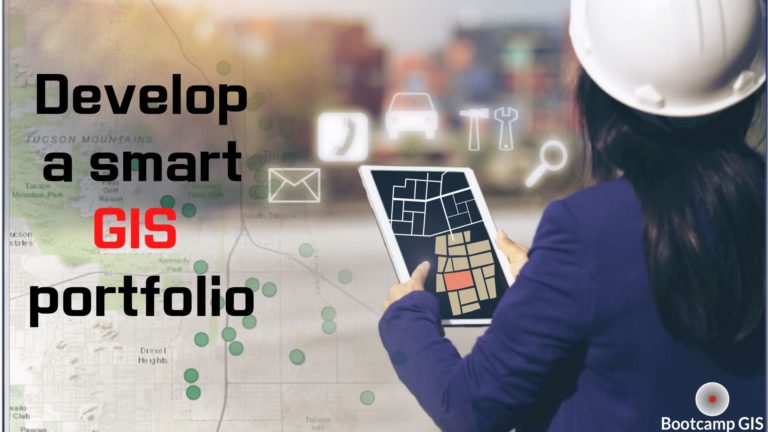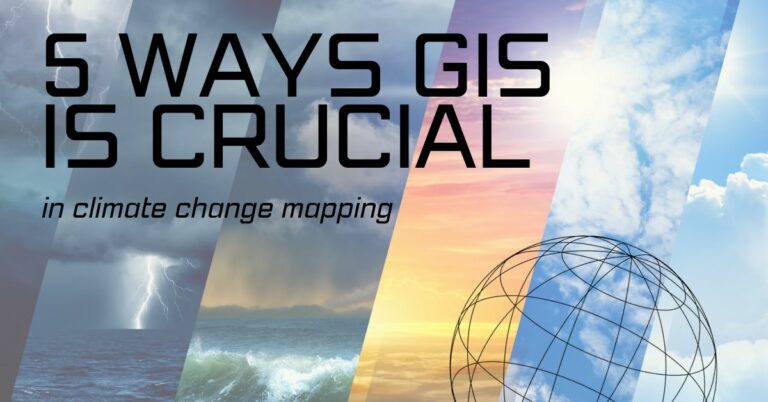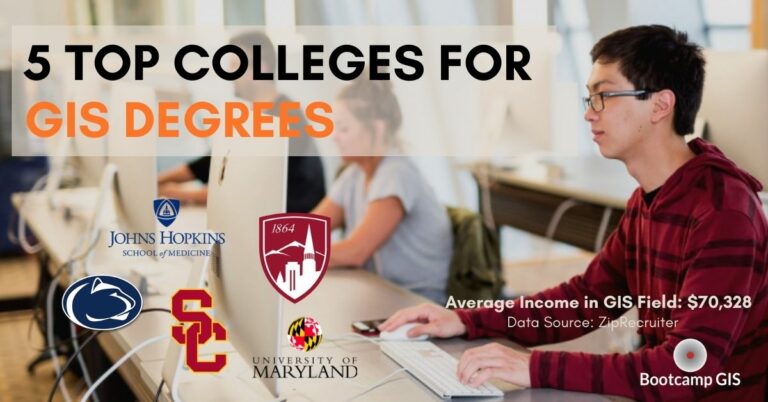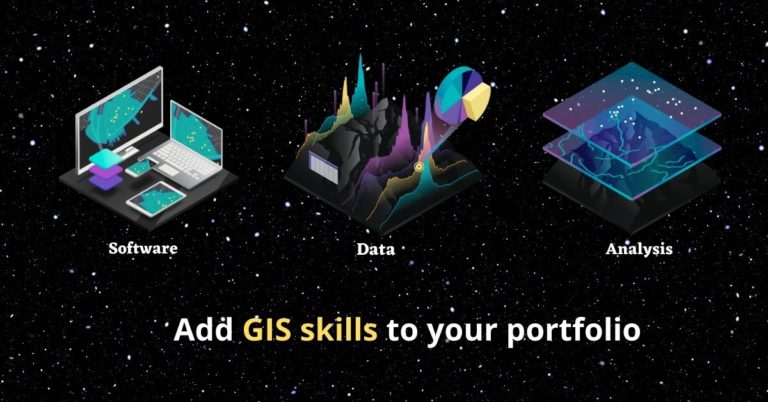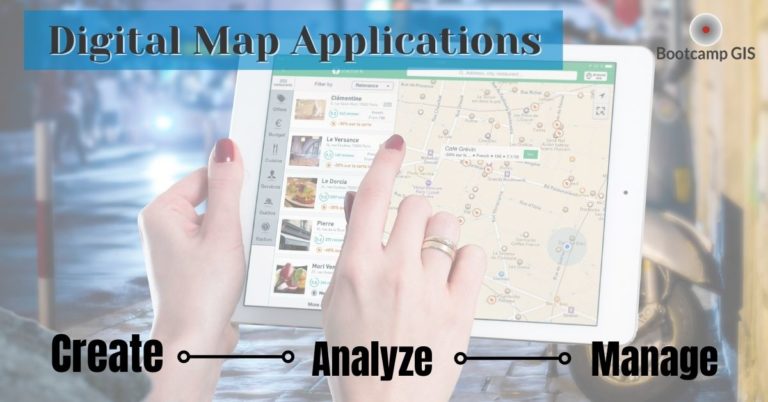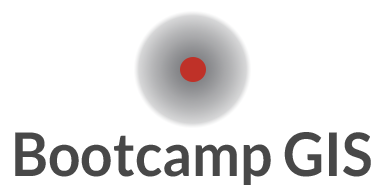The Skills Gap in technical education
So you got a technical degree in IT (programming, database, cybersecurity, cloud, or GIS). These are marketable fields right? Yes they are. Can you use your learned skills to do an instant job task? Probably not. It’s widely known as the ‘skills gap’ because what is taught in school is not what you actually do in industry. Lots of graduates have experienced this widely accepted reality. You hope to get hired with a degree and hope to get a lot of on-the-job-training. This is fine for the lucky ones that get hired. But it’s sad for the unhirable degree holders and a financial drag for the employers who bear the cost of recruiting and on-boarding new employees. Furthermore, in the software developer industry, it’s reported that there are 4 times as many developer jobs in the US than qualified candidates. All of this points to a national need to improve graduate preparedness with some innovative thinking. (www.sociobits.org)
Pandemic pressure on education
The new dilemma facing education is the immense impact from COVID-19 which is limiting the college-to-industry pathway. Tech education experiences are compromised: lackluster projects, less collaboration, and limited internship access. This is bad, yet it’s an accelerant to a solution that has been maturing over the last 5 years. The pandemic has forced lots of college and workforce learners to think beyond their common academic channels. They are now looking for online networking, bootcamps, and microcredentials in areas that drive right to the heart of what industry is asking for. With consumers eyes wide open, they now know that right after YouTube, there are other collections of knowledge that are worthy of their time and money.
Top Trends in education
So think about the top trends in education: Realtime podcasting, MOOCs, mobile apps, Peer2Peer learning, and focused microcredentials. Who is better at enabling these qualities in any system, the commercial sector or the academic sector? The answer is pretty obvious. With schools now having the urgency to compete for tuitions, they are going to have to expand their technical delivery with content generation partnerships to be more attractive.
The degree plus microcredential is ideal
I have a college aged son and I want him to get his IT degree. I hope he does it in 4 years to save me some money! It’s a wonderful maturing environment where you learn to think and develop your people skills. The idea of a degree will not diminish. But I also want him to go beyond the campus walls to pursue a microcredential to gain a hirable skill set. In my professional sector of GIS, it might be a web architect certification on AWS to learn cloud. You might take the specialty certification tests from ESRI on things like AGOL, Python, or Utility Network. Or you might go to a GIS Bootcamp to get a certificate in GIS online through Subject Matter Expert shortcourses. Coursera is one of the leaders in building certifications and teaming with colleges to do exactly this with a number of topics.
Proof of crossing the skills gap
I see a day where a technical program won’t be able to exist without teaming with an industry provided microcredential. It’s very similar to the idea that a doctor isn’t an MD until they have gained applied skills with their residency. I am very hopeful that student consumers will drive this technical education paradigm, force better Higher-Ed technical programs, and benefit company productivity across the nation. If this happens, then proof of learned skills will rise above GPAs.



